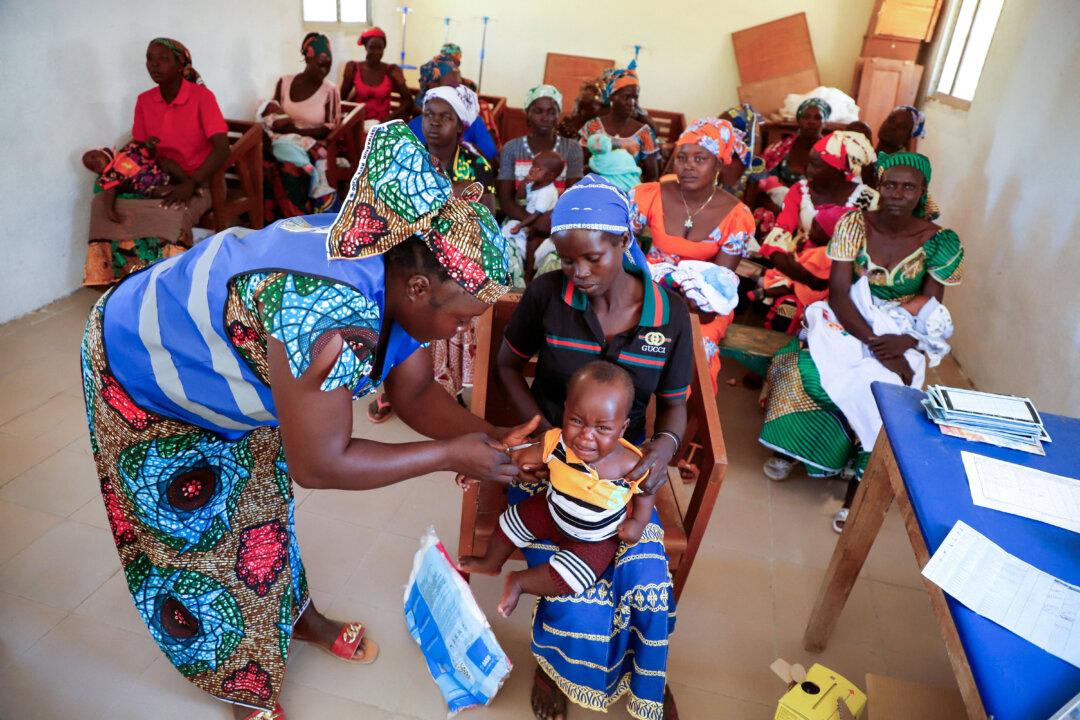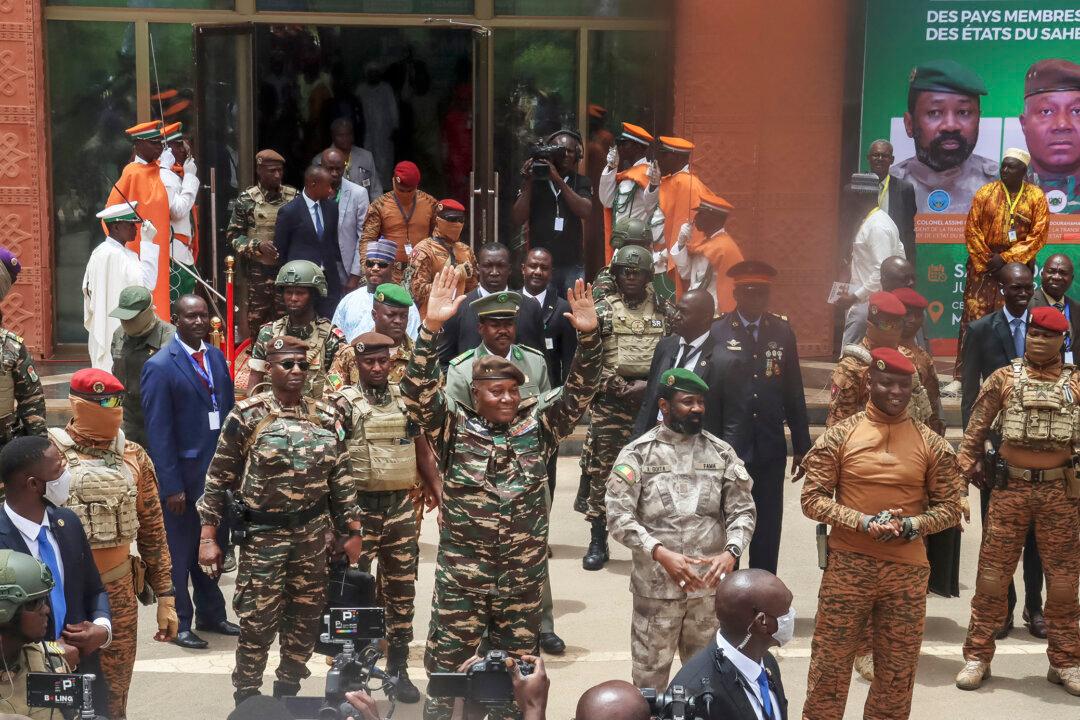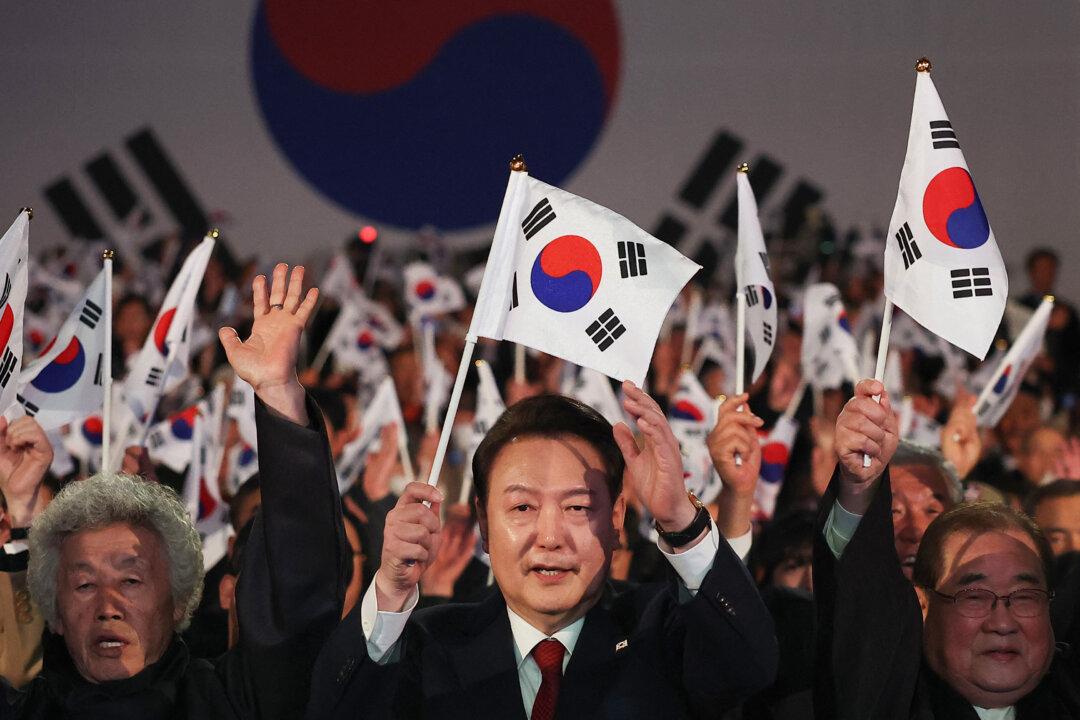Niger’s military junta has commissioned Africa’s longest oil pipeline, which will allow the landlocked nation to sell its crude on the international market for the first time and tap the global energy market, amid stringent international sanctions and isolation.
In launching the first phase of the 1,200-mile pipeline that will carry crude oil to neighboring Benin, Niger’s prime minister, Ali Mahaman Lamine Zeine touted that the resources from the project will be used to ensure the “sovereignty” and “development” of the poverty-stricken, aid-dependent country.





